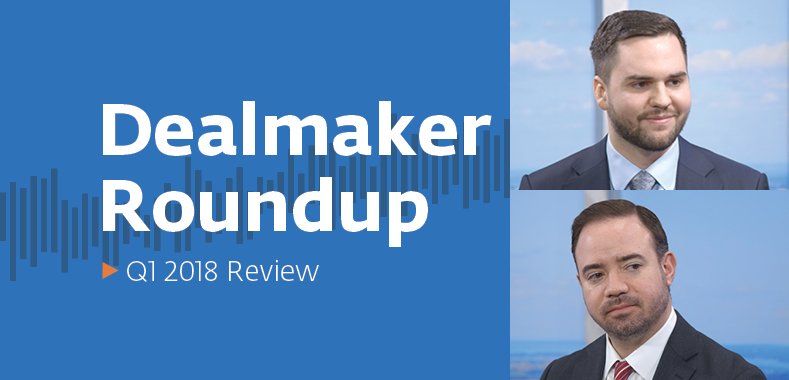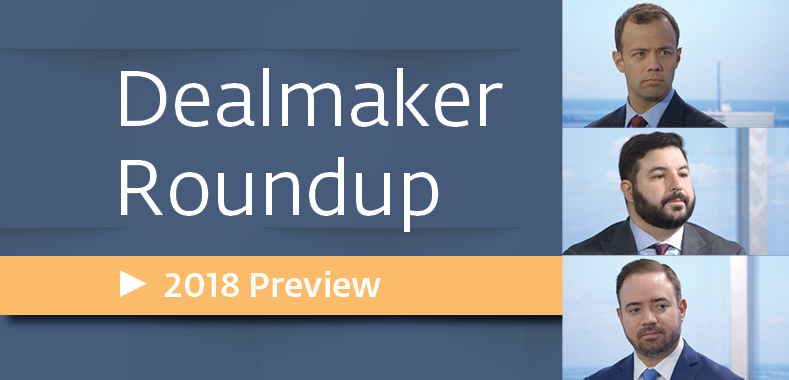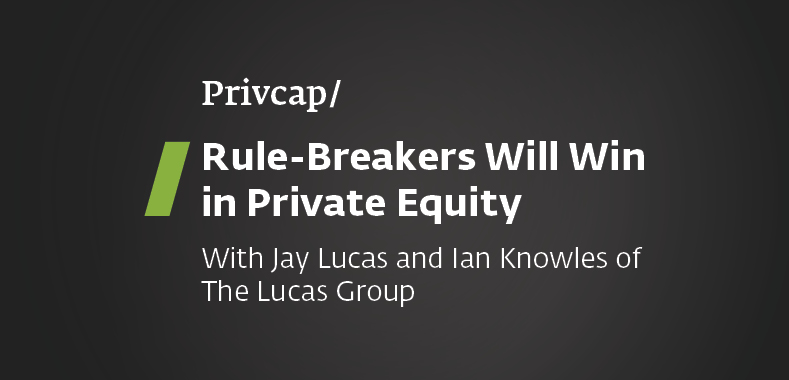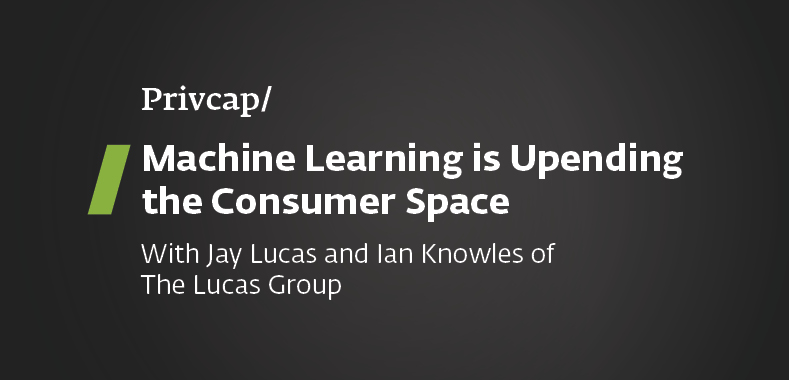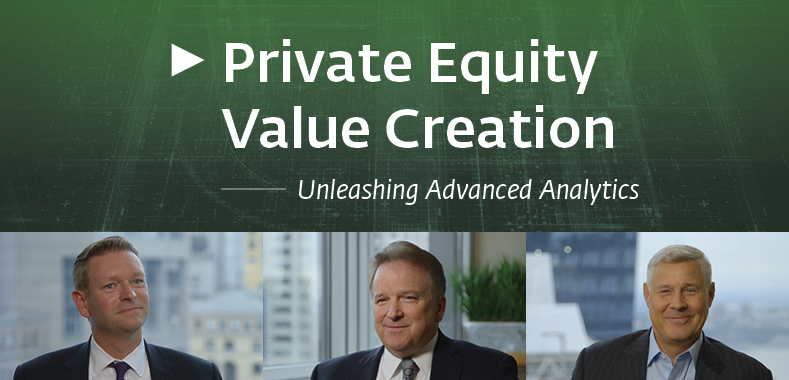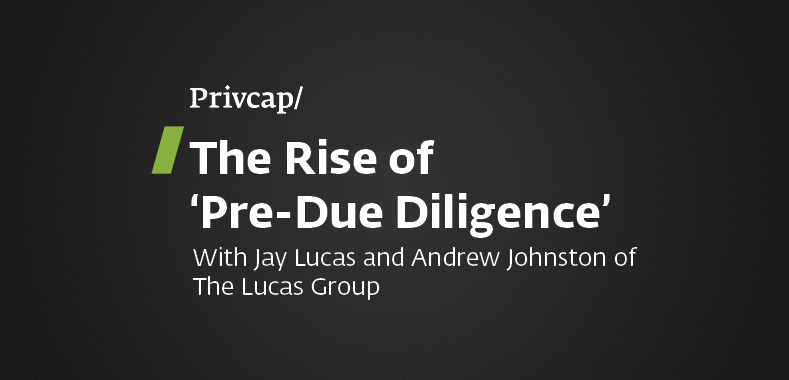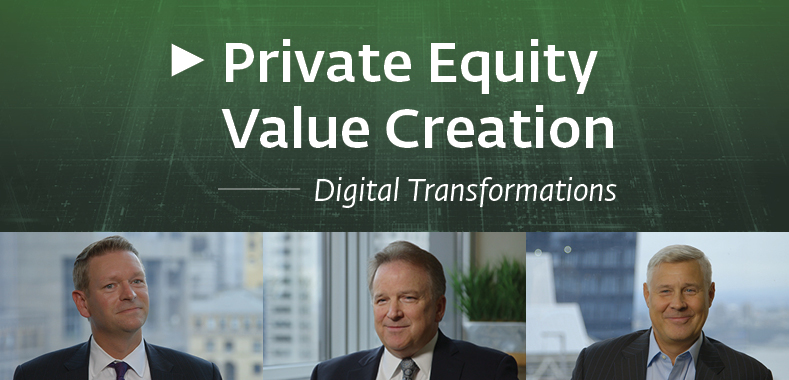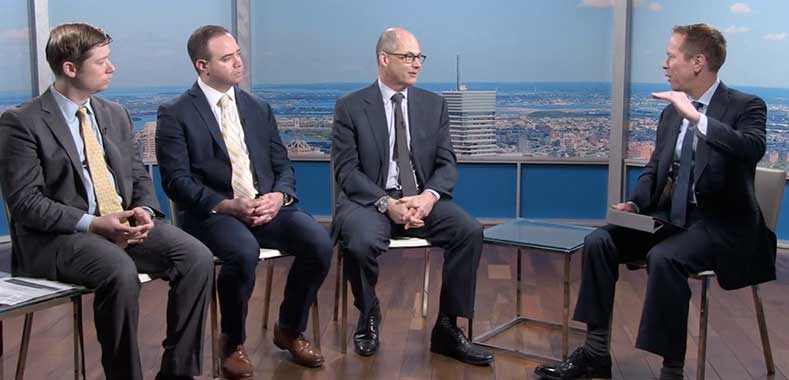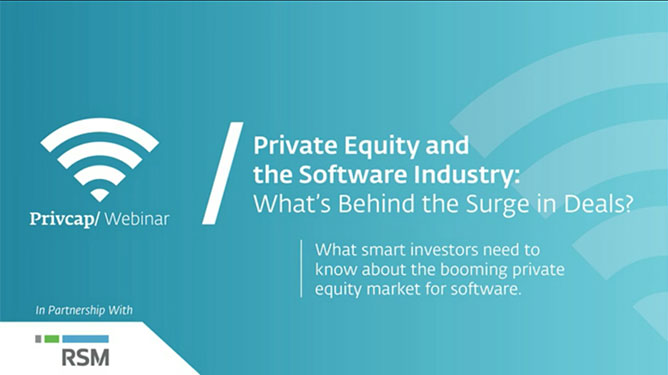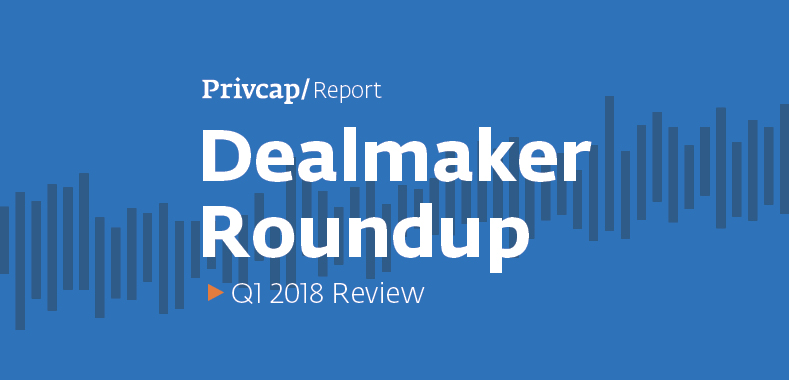SaaS is Hot — Proceed with Caution
Download the article here
Private equity firms have gone after deals in the software sector at an impressive pace over the last several years, but deal counts appear to have peaked, and target valuations remain challenging, particularly for software-as-a-service (SaaS) companies.

Catalyst Investors
As SaaS deal flow ebbs, year-to-date transaction numbers are much closer to 2012 levels. Catalyst Investors partner Tyler Newton and senior research analyst Isaac Schlecht believe it’s time for buyers to acknowledge the volatility and ignore the “growth at any price” mentality of their targets.
It’s still possible to make good investments in SaaS companies and profit from long-run trends: stable, above average revenue growth; increasing levels of profitability; and improving economies of scale.
“Software-as-a-service is an industry that is very private-equity-friendly,” says Newton. “It’s a recurring revenue business and still has a decent amount of growth in it on an organic basis. Now that many companies have gotten to scale and new levels of maturity, it has graduated from the pure venture capital market to more of a late-growth stage or mature space that’s more appropriate for buyout firms.”

Catalyst Investors
For a little context, consider this: Since 2013, private equity software deal counts surged 67 percent by the end of 2016. FactSet reported that three of the five largest software deals of 2016 were take-private transactions by private equity firms, in a year when private equity did 1,009 deals in the sector. Those three deals, for Qlik Technologies, Marketo, and Cvent, had a combined value of $6.5 billion.
Catalyst has honed in on SaaS investments as well. The growth equity firm is now investing from its $377-million fourth fund. It invested in 2000, “before SaaS was even a recognized term in the industry,” through a company called MessageLabs, which Symantec bought for $695 million in 2008. About a third of its portfolio companies, past and present, are in the SaaS sector.
Newton and Schlecht say investors like the proprietary technology and recurring revenue characteristics of SaaS companies, but warn that these same attributes can have a downside when it comes to valuation. The consequence? Bubbles, with expectations leapfrogging reality and producing inflated purchase multiples.
Has the surge in SaaS deals reached a plateau?


